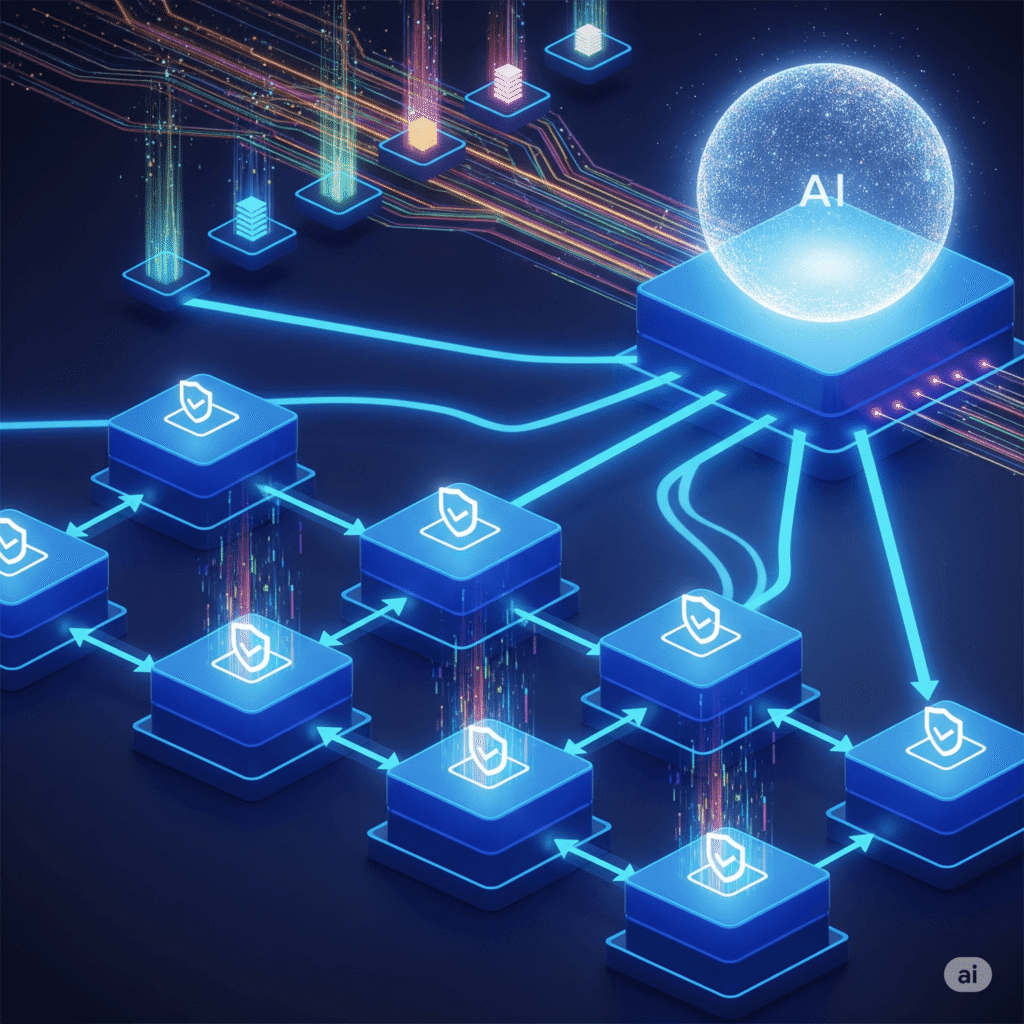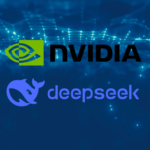Ever worried about your personal data when it comes to powerful AI models? You’re not alone! A significant leap towards ethical and secure artificial intelligence involves AI Privacy with Federated Learning. Researchers and developers are increasingly exploring this powerful synergy of blockchain and federated learning. This convergence is poised to redefine AI governance and data protection. It directly addresses critical concerns surrounding traditional, centralized AI models.
Why AI Needs a Privacy Upgrade: The Power of Federated Learning
Imagine an AI model learning from countless individual datasets. Think about medical records, financial transactions, or even your phone’s keyboard habits. Now, imagine this happening without any sensitive data ever leaving its source. That’s the magic of federated learning! This cutting-edge technique allows AI models to train on decentralized datasets. It truly keeps your information private at its source. Naturally, this method has emerged as a powerful tool for preserving user privacy, and that’s a big win!
However, even with this incredible privacy-first approach, we still face challenges. How do we truly ensure the integrity of that training process? How do we establish robust governance in such a distributed environment? This is precisely where blockchain technology steps in, offering its unique strengths for AI privacy with federated learning.

Blockchain’s Role in Private AI Training
By leveraging blockchain’s immutable and transparent nature, researchers are creating systems that offer incredible new layers of trust and security. We’re talking about a real game-changer for AI privacy with federated learning:
- Verifiable Model Updates: Blockchain allows us to log and verify every single update made to the AI model during each round of federated learning. This ensures no malicious alterations occur. Consequently, it creates an auditable trail, massively enhancing trust and accountability in the AI’s development.
- Incentivized & Tracked Data Contribution: Thanks to smart contracts, participants who contribute their valuable data can be automatically incentivized. Their contributions are accurately tracked and recorded. This fosters a far more equitable and transparent data economy, rewarding those who help train better AI.
- Enforced Governance Policies: Smart contracts can also enforce pre-defined governance policies. This ensures the AI model adheres strictly to ethical guidelines and regulatory requirements. It allows for distributed and automated governance, significantly reducing the need for centralized control.
- Secure Aggregation: Beyond just tracking, blockchain-aided secure aggregation provides extra layers of security to the resulting model updates. This happens even before they are shared with the global model, adding another crucial safeguard.
“The fusion of blockchain and federated learning offers a compelling solution to the ‘privacy versus utility’ dilemma that has long plagued AI development,” says a leading researcher in distributed AI systems. “By decentralizing both data and governance, we can build AI models that are not only powerful but also trustworthy and accountable.”

The Promise of Decentralized AI: Use Cases & Future Potential
This revolutionary approach is particularly relevant in highly sensitive domains where privacy is paramount. Think about industries like:
- Healthcare: Patient data can be safely used to train AI models for disease diagnosis or drug discovery. This happens without ever compromising individual privacy. Imagine breakthroughs based on vast, secure datasets!
- Finance: Banks could use customer transaction data to detect fraud patterns more effectively across institutions. This happens without sharing sensitive customer details.
- Personal Data Management: Your personal devices could contribute to AI models that understand your preferences better. All your data remains securely on your device.
While this technology is still in its nascent stages (it’s new and exciting!), its potential is immense. As researchers continue to refine these groundbreaking techniques, we can expect to see a new era of AI development. In this future, data privacy and ethical governance won’t be afterthoughts. They’ll be built into the very fabric of the system.
Conclusion: A Trustworthy AI Future is Emerging
The convergence of blockchain and federated learning isn’t just a technical curiosity. It represents a profound shift towards a more ethical, private, and secure AI landscape. We’re moving from a world where data centralization brings risks. Instead, we’re moving to one where distributed intelligence empowers individuals and fosters widespread trust. It’s truly an exciting time to witness the birth of a new era for AI development, where AI privacy with federated learning finally goes hand-in-hand with utility.
AI Artificial Intelligence Blockchain
Last modified: July 22, 2025








